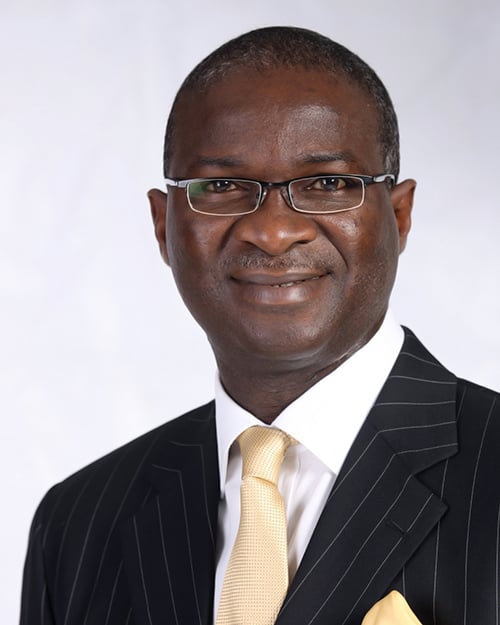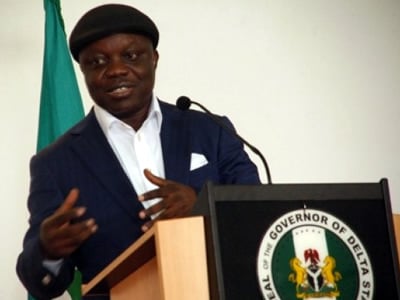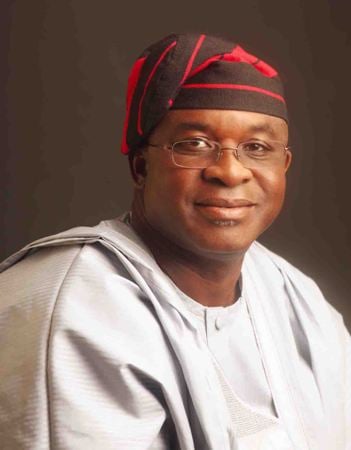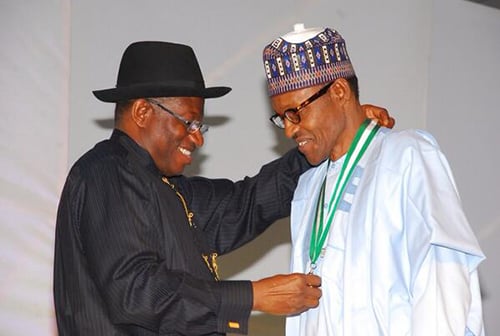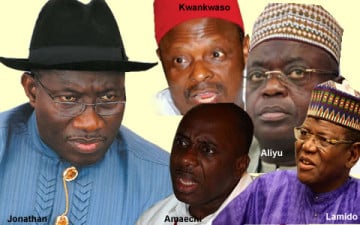Abdul Azeez
NOT surprisingly for a country that lost a million people in its struggle for independence in 1954-1962 and perhaps another 200,000 in its later civil war at the end of the century, humour in Algeria tends to be darkly cynical. And not surprisingly the presidential election set for April 17th has prompted plenty of bitter laughs. The almost certain winner, Abdelaziz Bouteflika, has been president for the past 15 of his 77 years. Yet apart from brief, inaudible television clips of official gatherings, he has scarcely been heard from in nearly two years. He did not even attend his campaign’s concluding rally near Algiers, the capital. Bused-in supporters were treated instead to a speech he recorded in 1999.
“Technology in Algeria is so advanced that even our president is virtual,” explained a bemused commentator on Facebook. Such comments should not be dismissed as facile. Many Algerians regard Mr Bouteflika with a grudging fondness; after all, he has been in politics since serving as foreign minister in the 1960s, and he did help bring the ghastly bloodshed of the 1990s to an end. But they remain wary of the shadow-play that is Algerian politics.
This election campaign, for instance, has carried a veneer of democratic practice, with six varied candidates bidding for the top prize. But the oil-rich Algerian state, with its legacy of one-party rule and legions of officials all carefully vetted for loyalty by an omnipresent secret police, tilts the outcome heavily towards the candidate anointed by “Le Pouvoir”, as Algerians call the circle of senior generals and security chiefs who actually run the country. Small wonder that Mr Bouteflika won his last two elections, in 2004 and 2009, with 85% and 90% of the vote, amid meagre turnouts and a strong whiff of fraud.
The question in many minds is why Algeria’s hidden puppet-masters should again have backed Mr Bouteflika, despite the fact that he had a bad stroke a year ago and may be unable to complete another five-year term. The widely whispered answer is that divisions within Le Pouvoir make it hard to agree on an alternative: someone who could present a façade of democratic legitimacy and benign governance, while quietly letting the country’s ensconced nomenclatura manage its fiefs.
Advertisement
In recent months some of these divisions have come into unusual public relief. A reshuffle of military posts last year, followed in January by a burst of criticism from Mr Bouteflika’s stalwarts directed at the man long seen as the kingmaker, General Muhammad “Toufiq” Mediène, head of the feared military intelligence service, exposed tensions. Open press criticism of the ailing president’s bid for a fourth term, as well as of apparent top-level corruption, was rumoured to have been sanctioned by General Mediène. But these cracks appear now to have been largely papered over.
Despite the advantages Mr Bouteflika enjoys, Algeria still has a margin of freedom just broad enough to allow for some political jostling. His main challenger, Ali Benflis, a former prime minister, has loudly warned against electoral fraud. In one campaign speech he predicted “a violent earthquake that will shake the foundations of those who support a president for life.” This prompted a heated riposte from Mr Bouteflika, who accused his opponent of “terrorism via television”.
Most of Algeria’s myriad small opposition parties, both Islamist and secular, urged supporters to boycott the vote. In any case, they carry little weight. Perhaps more challenging is the emergence of a new, non-affiliated pressure group that has denounced not just these elections, but the “entire masquerade” of Algeria’s politics.
Advertisement
Launched only last month, Barakat, meaning “enough” in Algeria’s Arabic dialect, is modelled on peaceful civil movements that helped topple such rulers as Egypt’s Hosni Mubarak. Its internet presence and public rallies have yet to attract more than a few thousand, but its leaders say they are planning for the longer run. Le Pouvoir is worried: a newspaper that hosted a Barakat press conference was quickly punished by the withdrawal of all government advertising, a vital source of revenue in a country whose oil wealth and socialist policies have stunted private business.
Algeria is not a happy country. Periodic riots, ethnic clashes between Arabs and Berbers and the lingering danger of jihadist terrorism attest to festering social ills. For the time being, however, memories of still worse times make Algerians too timid, by and large, to mount a greater challenge to the powers-that-be. As Mr Bouteflika said in his sole campaign effort, a letter to his people published by the state news agency, “My current health challenges do not seem to disqualify me in your eyes.”
The Economist
Advertisement


